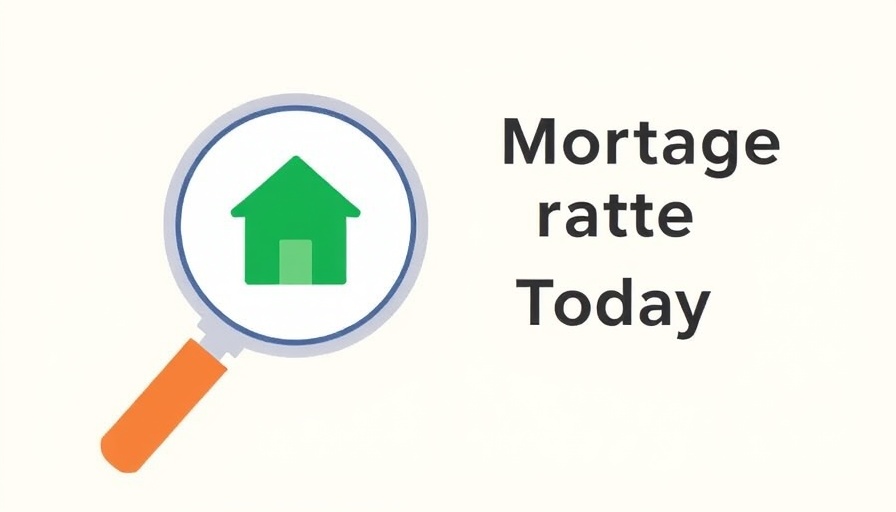
The Reality Behind High Incomes and Credit Card Debt
Many people associate a high income with financial security; however, earning a six-figure salary doesn’t provide immunity from credit card debt. According to a recent NerdWallet survey, a staggering 40% of Americans with household incomes of $100,000 or more reported having revolving credit card debt. This statistic sheds light on an uncomfortable truth—lifestyle creep, unforeseen expenses, and poor financial habits can all contribute to falling into the debt trap, regardless of your income level.
Understanding Lifestyle Creep: The Hidden Drain on Your Finances
Lifestyle creep refers to the phenomenon where individuals gradually increase their spending as their income rises. While enjoying new luxuries can feel rewarding, it can also lead to financial strain if not managed wisely. For small business owners and managers, the jump in income may trigger a desire for more refined expenses—upgraded office spaces, luxury equipment, or an extravagant lifestyle. It’s essential to remain vigilant against overspending and to implement strict budgets to ensure that increases in income do not lead to increased debt.
Unexpected Expenses: Are You Prepared?
One of the glaring issues with relying on high incomes is the tendency to overlook preparing for unexpected expenses. Regardless of your earnings, emergencies happen—whether it’s a medical issue, home repair, or business setback. These costs can swiftly deplete financial reserves. Small business owners must cultivate an emergency fund to absorb such shocks instead of leaning on credit cards, which can quickly lead to spirals of debt.
Strategies for Financial Stability
To combat credit card debt, it’s essential to establish thoughtful spending habits and strategies. Here are a few recommendations that resonate with our audience of small business owners:
- Create and Stick to a Budget: Having a clear budget allows you to track your income and expenses, helping prevent overspending.
- Use Credit Cards Wisely: Opt for credit cards with benefits that align with your business needs, ensuring you pay off balances promptly to avoid interest charges.
- Continue to Save: Even as your income increases, setting aside a portion of earnings for savings or investments is crucial.
- Consult with Financial Advisors: Professional guidance can illuminate pathways for sustainable financial growth while avoiding pitfalls.
The Importance of Financial Literacy
One of the main lessons here is the inoculating effect of financial literacy. Understanding the intricacies of credit, debt, and budgeting enhances personal financial management. By sharing these skills and insights with employees, business managers not only improve their financial health but contribute to a more financially savvy workplace culture. Implementing educational workshops or sharing resources can empower your team, contributing to overall reduced stress and increased productivity.
Future Trends in Income and Debt Management
Looking ahead, it is critical to address the relationship between income trends and credit card debt. The rise of remote work and the gig economy suggests that flexibility in earning potential can lead to both freedom and financial instability. As trends continue to evolve, business managers must acclimate to the changing landscape while remaining committed to effective debt management.
Conclusion: Take Charge of Your Financial Health
In summary, a higher income may provide a sense of security, but it does not guarantee freedom from credit card debt. By fostering good financial habits, preparing for the unexpected, and maintaining financial literacy, you can avoid the pitfalls that come with increased earnings. As you continue to grow professionally, remember that your financial health is within your control. Make a conscious decision today to take charge of your financial destiny and educate yourself and your team on managing income and expenses.
To further enrich your understanding of financial stability and to begin implementing actionable insights, take the initiative to consult with financial professionals or participate in community workshops focused on financial education. Your future self will thank you for the proactive steps you take today!
 Add Row
Add Row  Add
Add 




Write A Comment